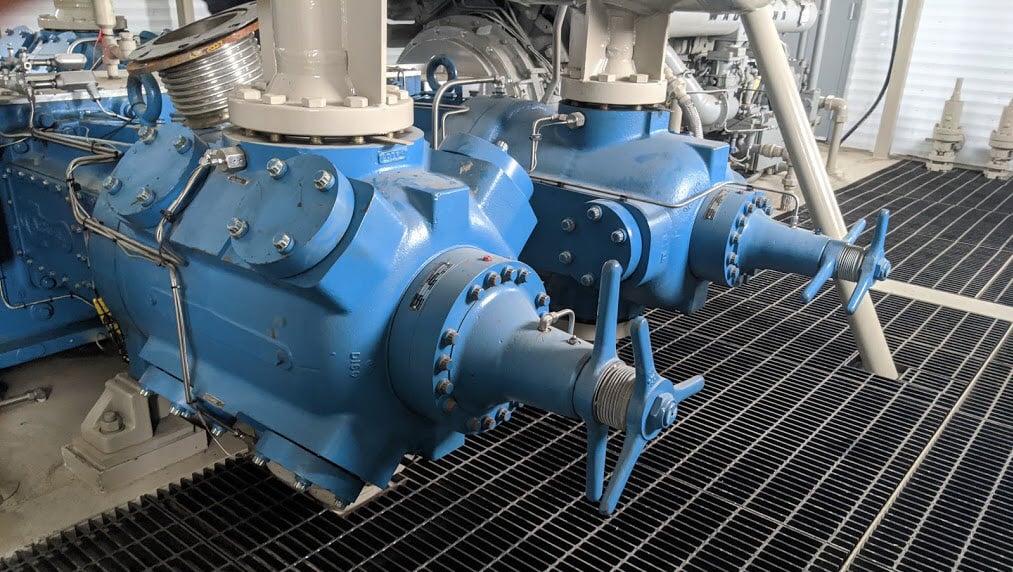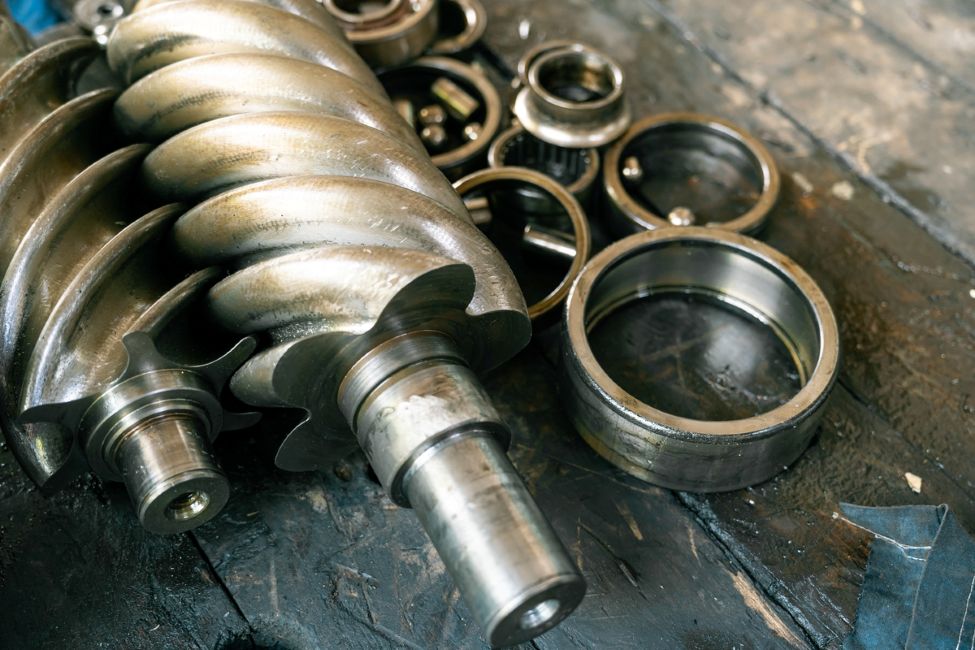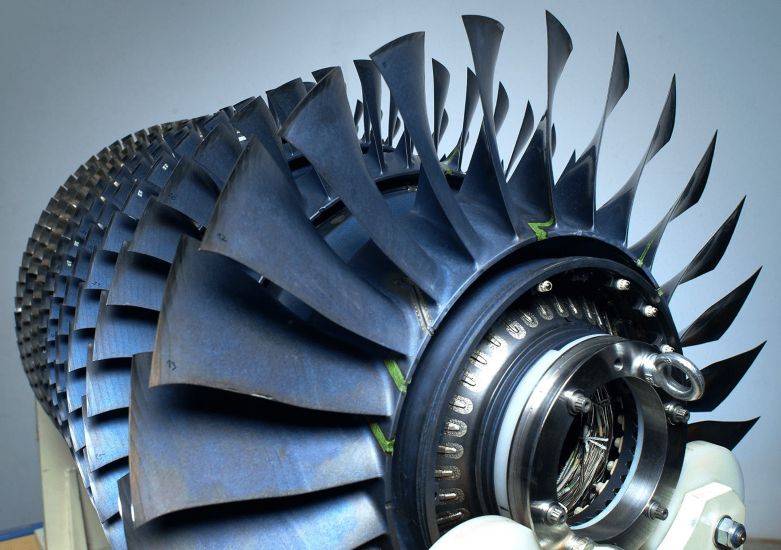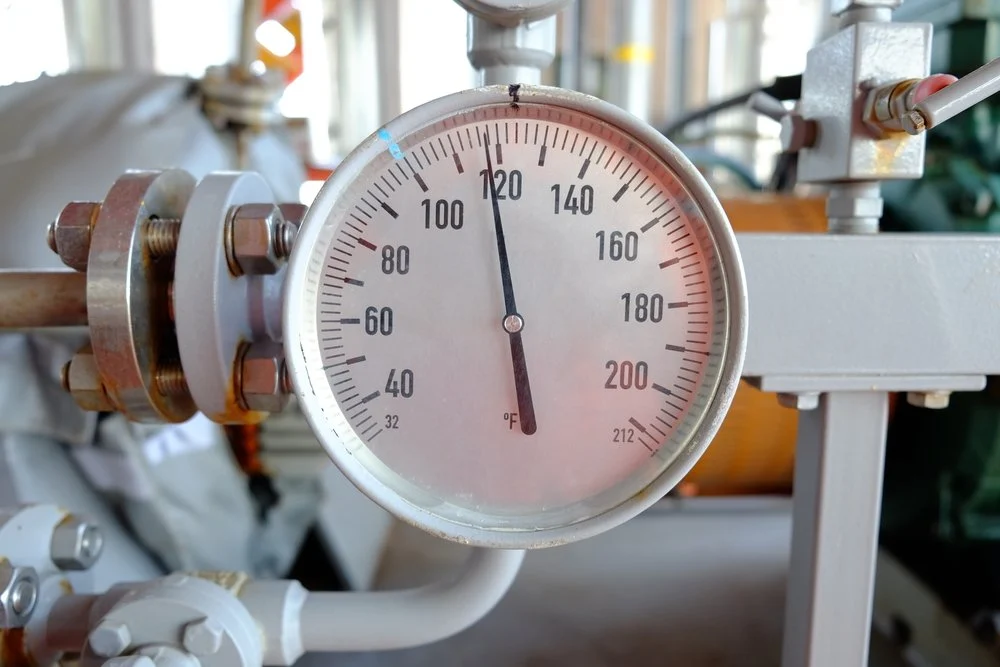Difference Between Oil-Lubricated and Oil-Free Compressors

Air compressors are essential tools in various industries, used for compressing air and powering pneumatic tools. When buying a compressor, one of the key decisions is choosing between oil-lubricated and oil-free models. Understanding the differences between these two types helps you make the best choice for your specific needs. In this article, Kamsan Iran explains these differences to help you choose wisely.
Oil-Lubricated Compressors
Oil-lubricated compressors use oil to lubricate their moving parts. This oil not only reduces friction but also helps with cooling and extends the compressor’s lifespan.
Advantages of Oil-Lubricated Compressors
- Longer lifespan: Oil reduces wear on internal components, increasing the durability of the machine.
- Stable performance for continuous use: Ideal for industrial applications and long operating hours.
- Lower noise levels: Oil acts as a sound-dampening agent, making these compressors quieter.
Disadvantages of Oil-Lubricated Compressors
- Regular maintenance required: Oil must be checked and changed periodically.
- Potential air contamination: Oil leakage may lead to contaminated compressed air—unsuitable for sensitive industries.
- Heavier and bulkier: Due to the added oil system, they tend to be larger and heavier.
Oil-Free Compressors
Oil-free compressors operate without using oil for lubrication. Instead, they use special materials to reduce friction between moving parts.
Advantages of Oil-Free Compressors
- Clean compressed air: Perfect for industries such as food, pharmaceuticals, and electronics, where oil contamination is unacceptable.
- Lower maintenance: No need for oil changes or related filter replacements.
- Compact and lightweight: Easier to transport and install due to smaller size.
Disadvantages of Oil-Free Compressors
- Shorter lifespan: Lack of oil means increased wear, which may reduce the overall lifespan.
- Higher operating temperature: Without oil for cooling, they may overheat more easily.
- Louder operation: Typically noisier than oil-lubricated models.
Performance Comparison
Your choice should depend on your specific use case:
- If clean air is critical (e.g., in food or medical industries), oil-free compressors are the better choice.
- If you need a powerful, durable compressor for heavy-duty, continuous work (e.g., in workshops or factories), go with an oil-lubricated model.
Key Considerations When Buying a Compressor
- Application type: Identify how and where you’ll use the compressor.
- Air purity requirements: For oil-free, contamination-sensitive environments.
- Budget and maintenance costs: Consider both initial purchase and ongoing upkeep.
- Available space: Choose a compressor that fits your workspace in terms of size and weight.
By understanding the strengths and weaknesses of oil-lubricated and oil-free compressors, you’ll be better equipped to choose the right model for your needs. For professional consultation and a wide range of compressor options, feel free to contact Kamsan Iran.
**Share this article**
Comments






